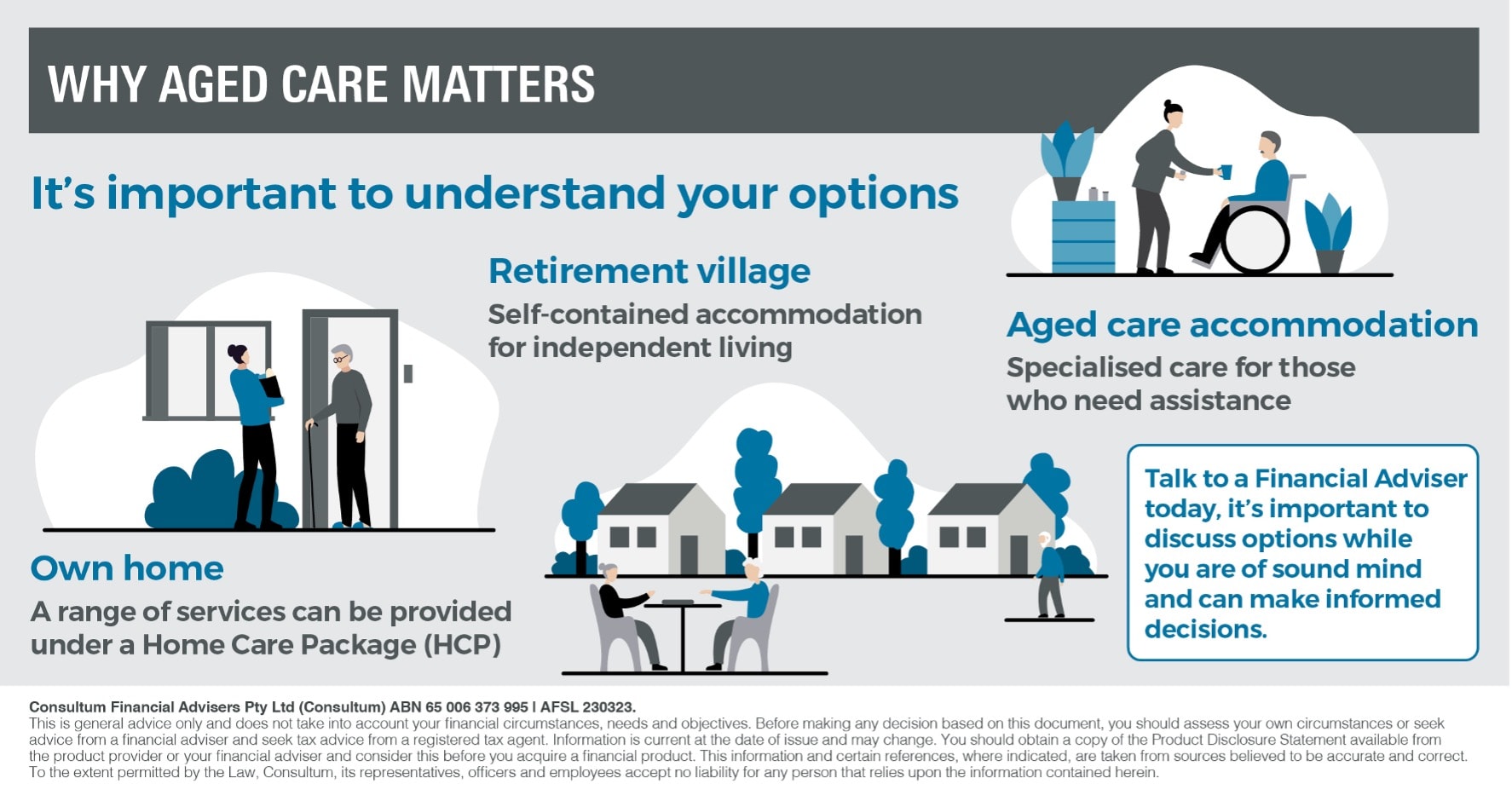2022 Small Business Support Grant
Service NSW has released the detailed Guidelines for the 2022 Small Business Support Grant
The main points are summarised as follows:
- The Grant is intended to assist businesses that were impacted by the Omicron wave, particularly businesses in the hospitality and entertainment industries
- The Grant will provide cash flow and help these businesses maintain employee-employer relationships.
Available Funding
- One-off payment covering the four-week period of February 2022 (NB: No payment for the month of January 2022)
- Eligible businesses to receive 20% of weekly payroll for work performed in NSW
- Minimum payment of $750 per week up to a maximum of $5,000 per week
- Eligible non-employing businesses will receive $500 per week
- Weekly payroll amount will be calculated by referring to the most recent BAS or IAS provided to the ATO for a tax period that falls within the 2021-22 financial year
- Similar calculation process to JobSaver
Eligibility Criteria
Applicants must have:
- Had an ABN and were operating in NSW as at 1 January 2021
- Had an aggregated turnover of between $75k and $50m for the year ended 30 June 2020 or 2021 (must use the year for the tax return most recently lodged)
- Experienced a decline in turnover of 40% or more due to the impacts of COVID-19 during the month of January 2022, compared to January 2021 or January 2020; AND
- Experienced a decline in turnover of 40% or more due to the impacts of COVID-19 from 1-14 February 2022 compared to the same fortnight in the comparison year that you select for the point above
Additionally applicants must:
- Maintain employee headcount from January 30 to 28 February 2022
- Have had a decline in turnover due to the impacts of COVID-19, not because of other reasons such as seasonal variations
Also:
- For non-employing businesses, the business receiving payments must be the primary income source (50% or more) for the associated individual. An associate individual can only claim from one business.
Application Process
- Applications opened 14 February 2022 and closes 31 March 2022 — apply via the Service NSW website
- Payments will be made in one lump sum covering the four weeks of February 2022
- Applicants must advise Service NSW if headcount is not maintained
- Applicants will need to upload both the latest tax return that has been lodged and also the BAS used to calculate the weekly payroll amount
- Businesses that are not listed in the highly impacted list will need to upload a BAS or a letter from their accountant to evidence that they meet the 40% decline in turnover.
There are alternative tests available for businesses that are impacted but were not operating on 1 January 2021, impacted by acquisition/disposal, bushfires and natural disasters and sole traders impacted by sickness, injury or leave.
Further information, including Grant Guidelines, is available at 2022 Small Business Support Program – Guidelines | Service NSW.
Please be aware that there is a high level of scamming activity around COVID-19 rules and regulations and, in particular, grants and relief. These scams are increasingly sophisticated and many involve impersonation such that they may appear to come from legitimate advisors (such as Allan Hall).
At Allan Hall, we will never request money upfront, deposits, transfers to personal accounts, payments via gift cards or other unexpected or unusual payment methods. If in any doubt, contact us via phone before taking actions that appear to be at the request of Allan Hall.









